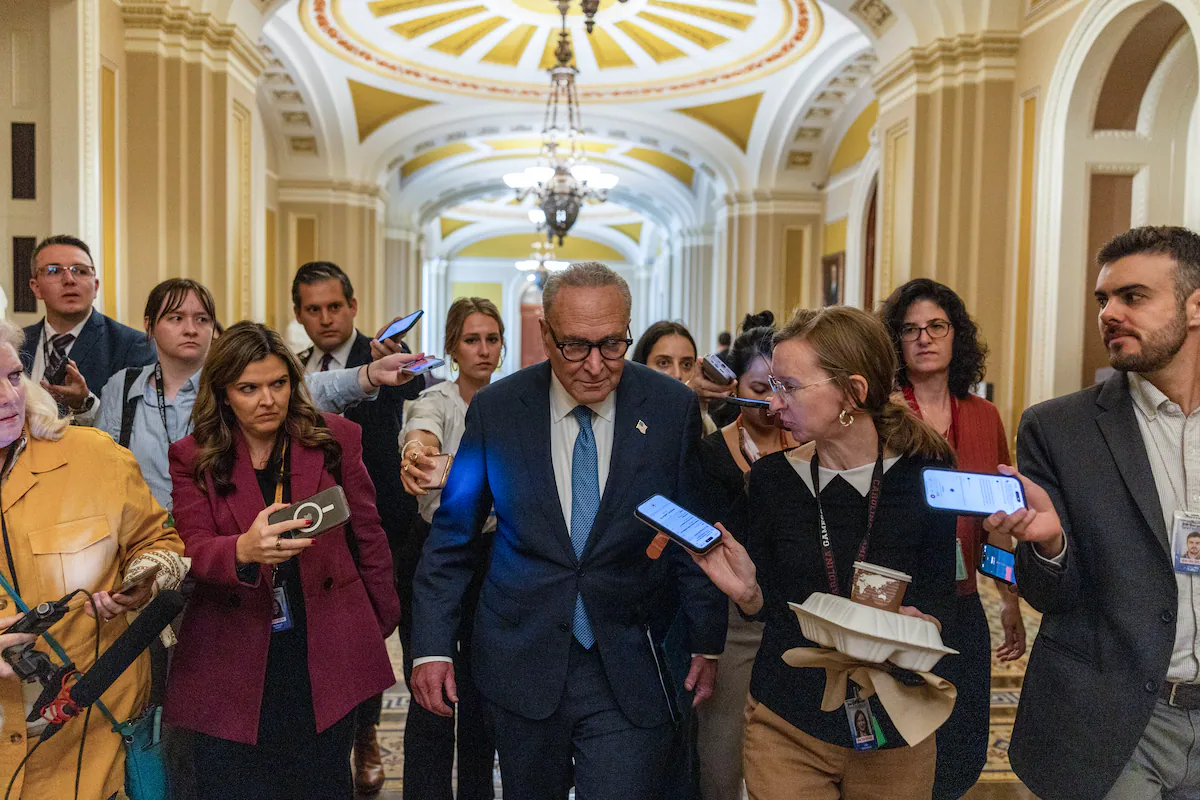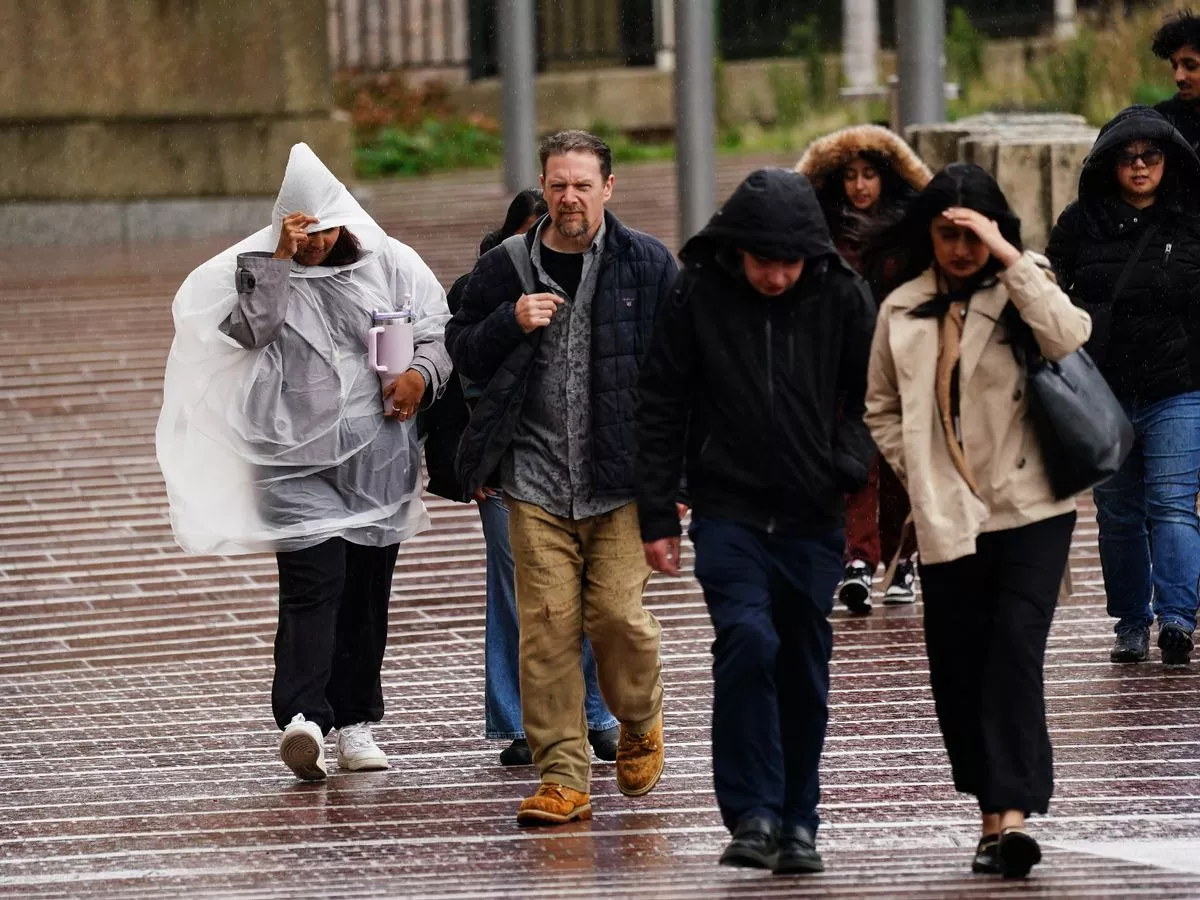
Utah Republican state lawmakers are calling on congressional leaders to make a deal and avoid a government shutdown, writing in two letters sent Sunday that a closure would “deeply harm hardworking Americans.”
Unless federal lawmakers can make a deal before Wednesday morning at 12:01 a.m. Eastern time, the U.S. government will shutter this week. A shutdown could force thousands of federal workers around the country to be furloughed or work without pay, close national parks and, among other things, put various government services and agencies out of commission until lawmakers can agree on a funding plan.
“Holding the federal government funding hostage is not just a Washington D.C. debate for political points,” the Utah Senate GOP caucus wrote in a letter Sunday to U.S. Senate leaders. “[I]t has real and immediate consequences for every state across America that cannot be overlooked. From impacting pay for our troops, first responders, and firefighters to affecting critical services for seniors and veterans and disrupting food assistance for families in need, a government shutdown would inflict severe consequences on the American people that are completely avoidable.”
In their own letter, Utah House Republicans expressed similar concerns, calling on U.S. Senate lawmakers to pass a short-term funding extension passed by the U.S. House earlier this month, known as a continuing resolution or CR, which would keep the government open for seven weeks.
The letters, obtained by the Salt Lake Tribune on Monday, were addressed to Senate President Pro Tempore Sen. Chuck Grassley, R-Iowa, Majority Whip Sen. John Barrasso, R-Wyo., Minority Leader Sen. Chuck Schumer, D-N.Y., and Minority Whip Sen. Dick Durbin, D-Ill.
All four of Utah’s U.S. House members voted for the continuing resolution.
In order to pass the resolution, Senate Republicans need seven Democrats to cross the aisle and close debate.
“The solution is on the table,” Utah’s House GOP caucus wrote. “A shutdown is unsustainable and irresponsible. The American people know it, and so do you. We call on Senate Democrats to set aside partisanship and do what’s best for the country: keep the government open.”
Utah Sens. Mike Lee and John Curtis did not respond to a request for comment on how they plan to vote or about the letters from state lawmakers. Spokespeople for the Utah Senate and House also did not respond to a request for further comment on the letters.
With the clock ticking on a possible shutdown, Democrats in Congress have been pushing for the restoration of health care funding cuts passed earlier this year as part of President Donald Trump’s “Big Beautiful Bill,” as well as an extension of enhanced premium tax credits that help millions of Americans pay for Affordable Care Act coverage.
Last week, members of Utah’s congressional delegation said if the government does indeed shut down, it will be the Democrats’ fault for refusing to negotiate. Trump originally said he would not meet with congressional leaders to discuss a possible deal, though he later backtracked and met with leaders Monday afternoon.
Democrats, meanwhile, seem poised to hold the line, telling reporters after Monday’s meeting at the White House that there had been no deal struck to avert a shutdown.
Outside the White House after the meeting, Schumer said there were “still large differences between us” and added, “Their bill has not one iota of Democratic input. That is never how we’ve done this before.”
House Minority Leader Hakeem Jeffries said ahead of the Monday meeting that Democrats were willing to strike a deal but added, “What we will not do is support a partisan Republican spending bill.”
In their letter Sunday, Utah Senate Republicans called the Democrats’ demands unreasonable.
“There is no path forward for the Democrats’ nearly $1.5 trillion wish list that would give free healthcare for illegals and cut the single largest investment in rural health care in history — critical funding delivered in the President’s tax legislation that will improve rural health care nationwide,” they wrote.
People in the country illegally are not eligible for Medicaid or other federal benefits cut as part of the tax legislation to which the lawmakers refer.



